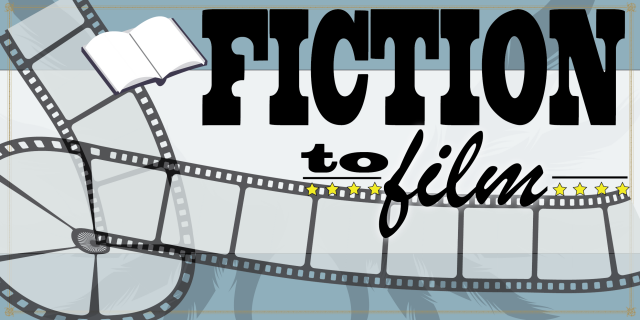Have you ever come across a situation where you couldn’t quite find the exact word you needed? Well, this list has you covered. Here are nineteen obscure, oddly specific literary terms to help you pad your vocabulary, impress your friends, and be the life of the party. As long as you don’t go to very exciting parties:
1. Abecedarius
A piece of writing, usually a poem, in which the first letter of every word in a line follows the order of the alphabet.

Source: Pixabay
2. Anadiplosis
When the same word or phrase is used at the end of one sentence or clause and the beginning of the next sentence or clause.
For example, this line from John Milton’s Lycidas: “For Lycidas is dead, dead ere his prime…”
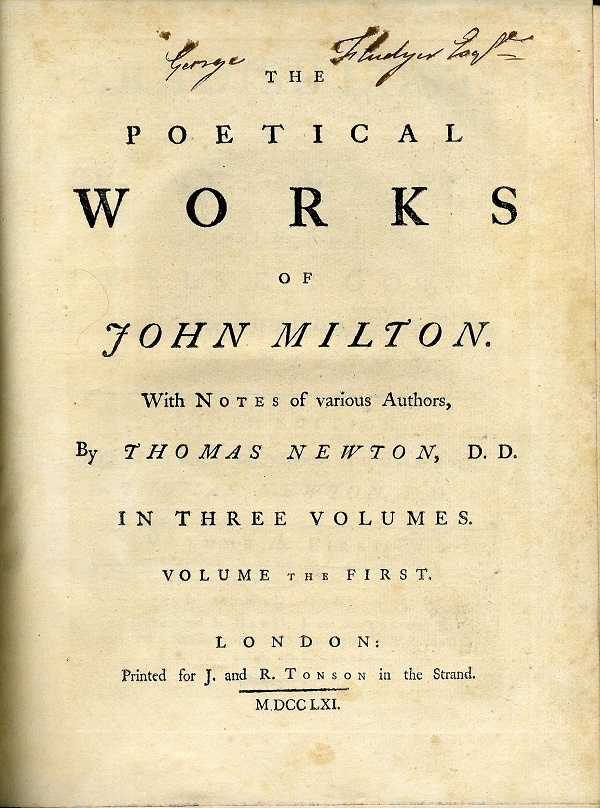
Source: Amazon
3. Antanaclasis
When a word or phrase is used repeatedly, but the meaning of the word is not the same each time it’s used.
For example, the sentence: “Buffalo buffalo Buffalo buffalo buffalo buffalo Buffalo buffalo.”

Source: Pixabay
4. Apocope
When the ending of a word is dropped to make a new word.
For example, the word curio from the word curiosity.

Source: Pixabay
5. Aptronym
A portmanteau of “apt” and “patronym” that describes when a person’s name is particularly suited to their personality or occupation.
For example, if a barber was named “Harry Shears.”
The opposite is an inaptronym, where a person’s name is ironically unsuited to them.

Source: Pixabay
6. Aubade
A love song to be sung in the morning or at dawn. The opposite of a serenade, which is sung in the evening.

Source: Pixabay
7. Catachresis
Using a word in a way that isn’t correct given the context, often for poetic effect.
For example, from the poem somewhere i have never travelled,gladly beyond by E.E. Cummings: “The voice of your eyes is deeper than all roses – / nobody, not even the rain, has such small hands….”
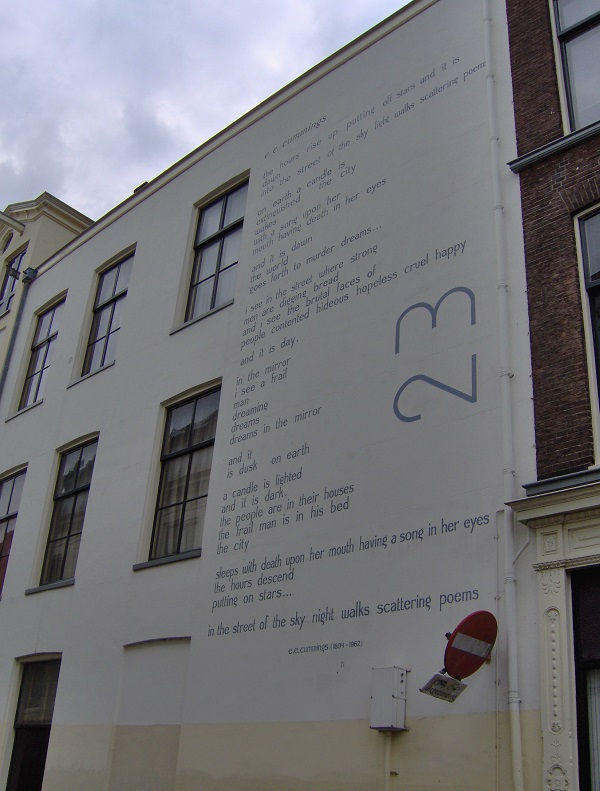
Source: Wiki Commons
8. Clerihew
A short, funny, nonsensical biographical poem, usually used to poke fun at a famous person.
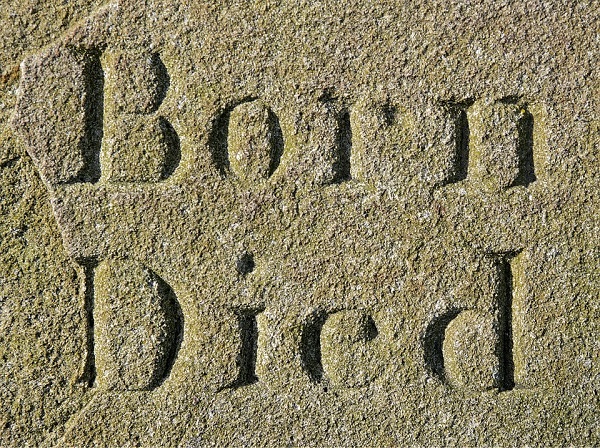
Source: Pixabay
9. Epithalamium
A poem or song written in celebration of a marriage.

Source: Pixabay
10. Epizeuxis
The repetition of a word for emphasis.
For example, “I will never, ever, ever, ever marry that man.”

Source: Pixabay
11. Hypallage
Also called a “transferred epithet,” a literary device in which the syntax is jumbled up in order to make a sentence nonsensical.
For example, from Shakespeare’s A Midsummer Night’s Dream: “The eye of man hath not heard, the ear of man hath not seen, man’s hand is not able to taste, his tongue to conceive, nor his heart to report, what my dream was.”
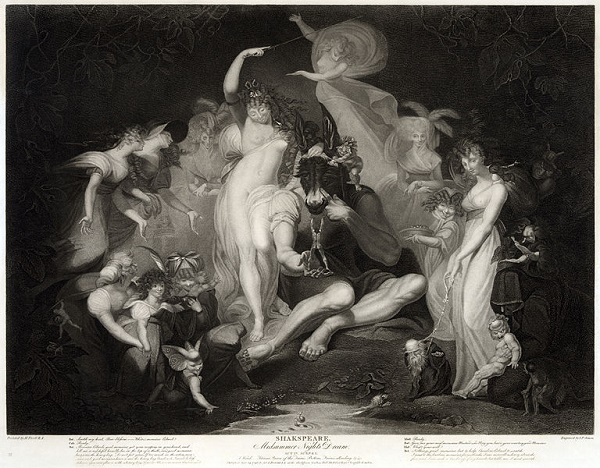
Source: Wiki Commons
12. Macaronic
A text that mixes two or more languages, often for comedic effect.
A non-comedic example from Lord Byron’s poem Maid of Athens, ere we part: “Hear my vow before I go / Ζωή μου, σᾶς ἀγαπῶ.”
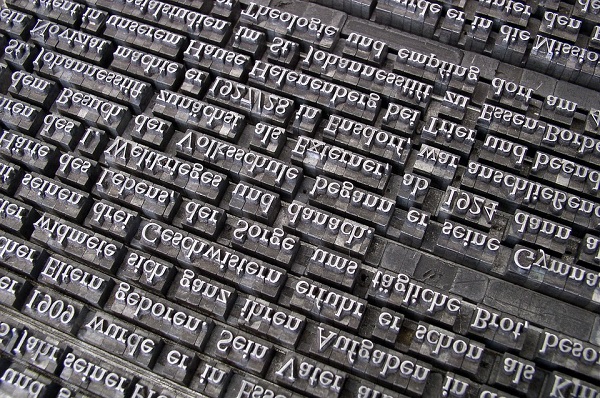
Source: Pixabay
13. Paraclausithyron
A Greek motif in which someone sings outside their lover’s door, begging to be let in.
Despite being an ancient motif, it’s still found in modern pop culture; it’s the man standing on a woman’s lawn playing a guitar or holding a boombox over his head while she watches through the window.

Source: Pixabay
14. Peripety
A sudden turn of events or reversal of fortunes.
For example, if the gun falls out of the villain’s hand and, after some fumbling, is picked up by the hero.

Source: Pixabay
15. Polysyndeton
The use of several conjunctions in succession for emphasis.
For example, “The toddler begged and screamed and cried until he got his way.”

Source: Pixabay
16. Tritagonist
The person of third importance in a story after the protagonist and the deuteragonist.

Source: Pixabay
17. Variorum
An edition of a work that contains annotations by various editors or commentators.

Source: Pixabay
18. Verisimilitude
When a work of fiction closely mimics reality; authenticity.
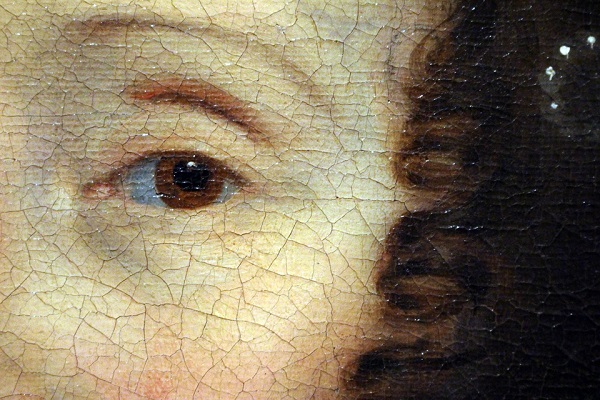
Source: Pixabay
19. Verism
The artistic preference to depict everyday life instead of legends or tales of heroism.

Source: Pixabay
What’s your favorite obscure word or phrase?
YouTube Channel: BuzzFeedVideo
Featured image via Pixabay
